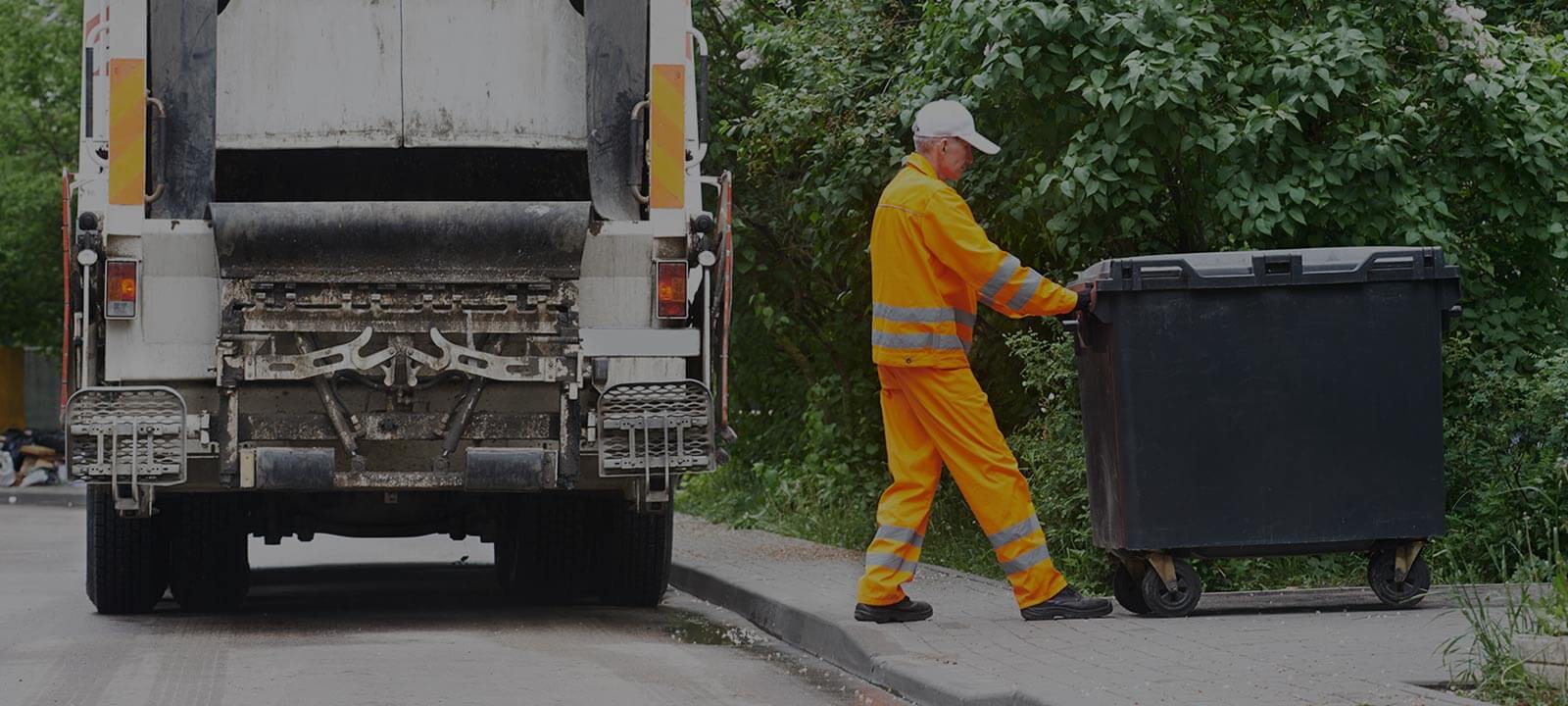Lowering Plastic Pollution in Oceans
Posted on 06/10/2025
Lowering Plastic Pollution in Oceans
Plastic pollution, particularly in our oceans, has become a critical environmental issue over the past few decades. The increase in the production and utilization of plastic products has led to excessive waste that often ends up in marine environments. This article delves into the causes, consequences, and viable solutions to mitigate plastic pollution in oceans.
Understanding Plastic Pollution
Plastic pollution is defined as the accumulation of plastic objects and particles (such as plastic bottles, bags, and microbeads) in the Earth's environment, adversely affecting wildlife, wildlife habitat, and humans. The pervasive nature of plastic waste makes it one of the most pressing ecological threats.

Causes of Plastic Pollution in Oceans
Consumer Behavior
The convenience associated with plastic products has resulted in rampant consumer usage and improper disposal. Single-use plastics, such as plastic bags, straws, and bottles, often find their way into the ocean due to inadequate waste management systems, littering, and consumer negligence.
Industrial Waste
Industrial activities contribute significantly to oceanic plastic pollution. Factories located near waterways often discharge plastic waste directly into rivers, which flow into the sea. Additionally, the accidental spillage of plastic raw materials, known as nurdles, during transportation and manufacturing processes also adds to the ocean's plastic load.
Fishing Activities
The fishing industry is a notable contributor to ocean plastic pollution. Abandoned, lost, or discarded fishing gear (ALDFG), such as nets and lines, represent a substantial portion of marine debris, often entangling marine life and leading to "ghost fishing."
Consequences of Plastic Pollution
Impact on Marine Life
Marine animals, including fish, seabirds, and mammals, are profoundly impacted by plastic pollution. Ingestion of plastic debris can lead to physical harm, malnutrition, and death. Entanglement in plastic materials, such as discarded fishing nets, can cause injury or drowning for various marine species.
Human Health Risks
Plastic pollution in oceans not only affects marine life but also has implications for human health. Microplastics, tiny plastic particles resulting from the breakdown of larger debris, can enter the human food chain through seafood consumption. These microplastics can carry toxic pollutants, potentially causing harm to human health.
Economic Costs
The economic costs associated with plastic pollution are significant. The tourism industry suffers from polluted beaches and water, leading to reduced tourist attraction and revenue. The fishing industry also faces economic losses due to the decreased population of marine species caused by plastic ingestion and entanglement.
Solutions to Mitigate Plastic Pollution
Policy Measures and Regulations
Governments worldwide have started to recognize the severity of plastic pollution and are implementing policies to curb its impact. Bans on single-use plastics, incentives for recycling, and strict regulations on industrial discharge are some of the measures being adopted. International agreements, like the Global Plastic Action Partnership, aim to foster collaboration between nations to tackle plastic pollution collectively.
Advancements in Waste Management
Improving waste management infrastructure and practices is crucial for reducing oceanic plastic pollution. Investments in efficient recycling facilities, development of biodegradable alternatives to conventional plastics, and establishment of robust waste collection systems can drastically reduce the amount of plastic entering marine environments.
Public Awareness and Education
Educating the public about the environmental hazards of plastic pollution and promoting sustainable practices is essential. Initiatives to raise awareness include community clean-up programs, educational campaigns in schools, and social media outreach. Empowering consumers to make informed choices, such as using reusable products and properly disposing of plastic waste, can have a significant positive impact.
Corporate Responsibility
Corporations have a vital role to play in reducing plastic pollution. Businesses can adopt sustainable practices by minimizing plastic use in packaging, investing in innovative recycling technologies, and participating in extended producer responsibility (EPR) schemes, which make producers responsible for the entire lifecycle of their products.

Conclusion
Plastic pollution in oceans is an urgent environmental issue that necessitates collective action from governments, industries, and individuals. Understanding the root causes and consequences of plastic pollution can help in formulating effective strategies to mitigate its impact. Through policy measures, advancements in waste management, public education, and corporate responsibility, we can work towards a sustainable future with cleaner oceans.
Call to Action
Everyone has a part to play in the fight against plastic pollution. Simple actions, such as reducing plastic consumption, recycling properly, and supporting policies and companies that prioritize environmental sustainability, can collectively make a significant difference. Let's work together to protect our oceans and ensure a healthier planet for future generations.
Latest Posts
Reusing for Resource Conservation
Industry applauds government's dedication to improving e-waste recycling practices






